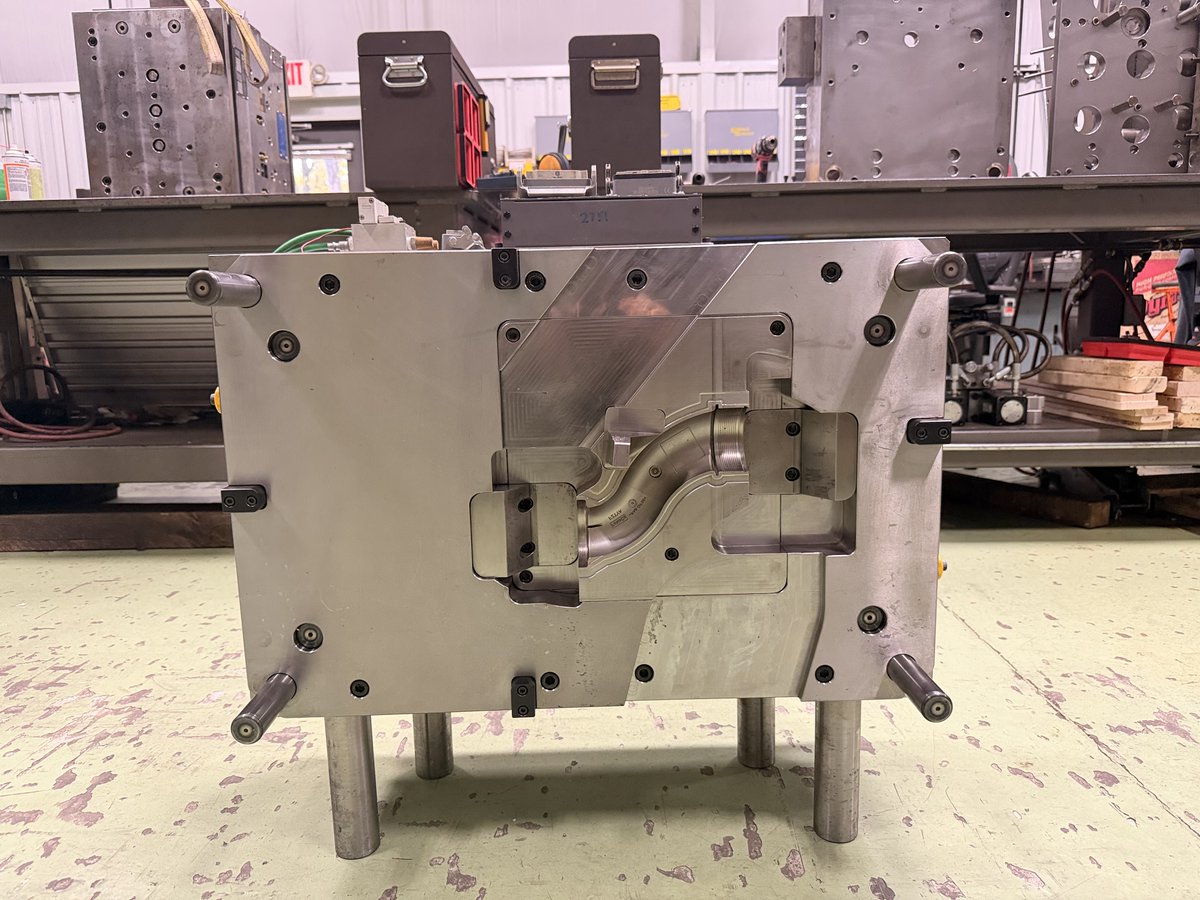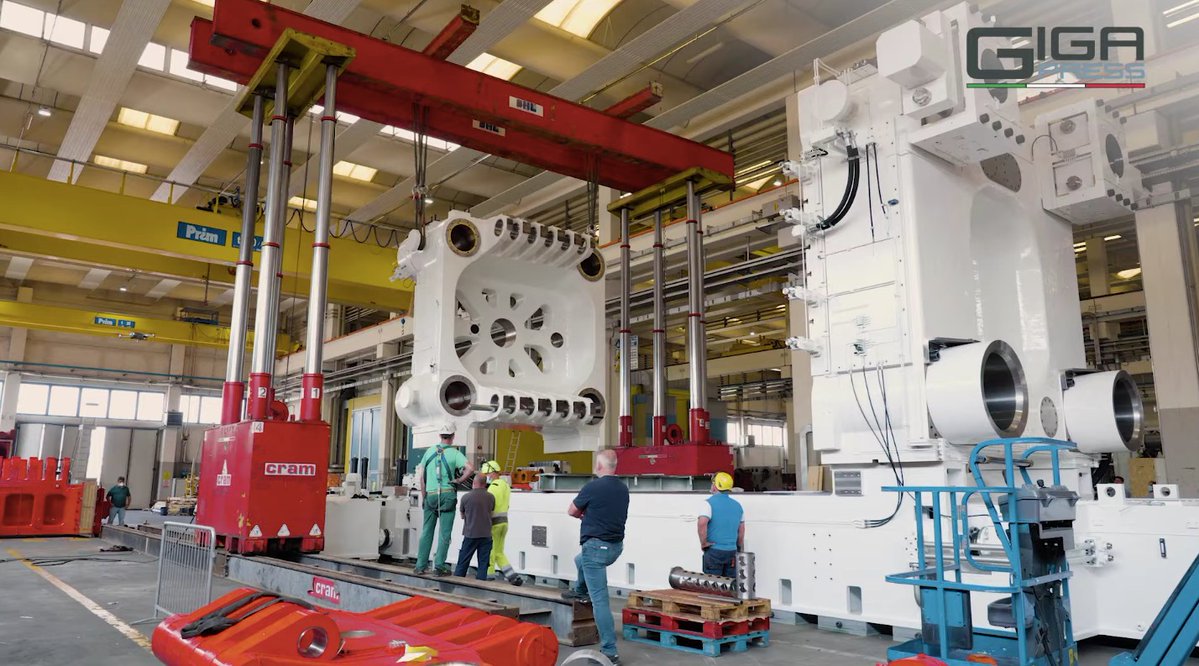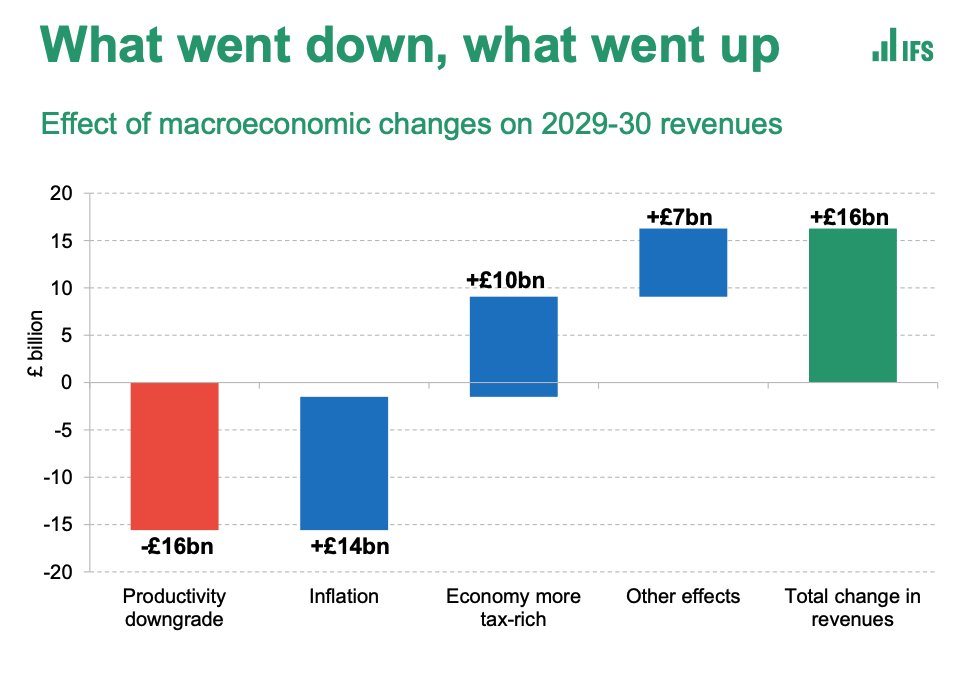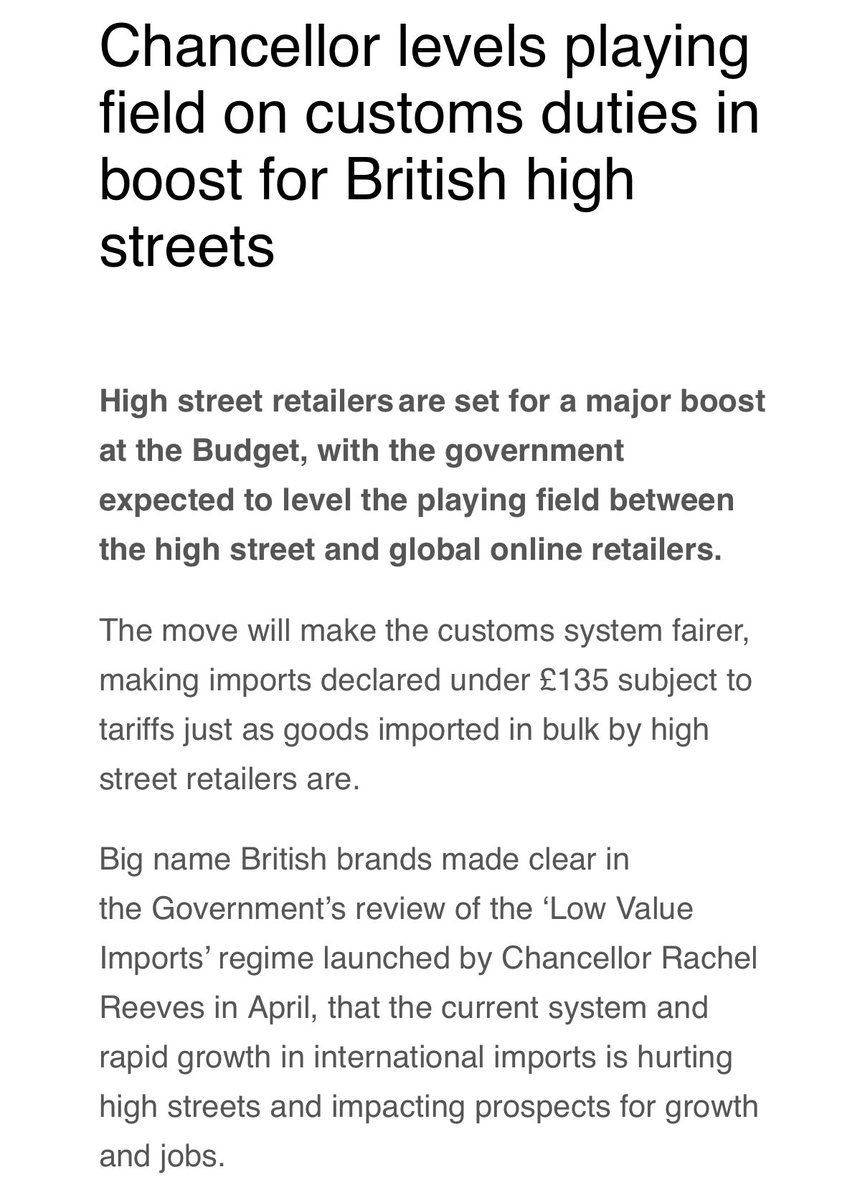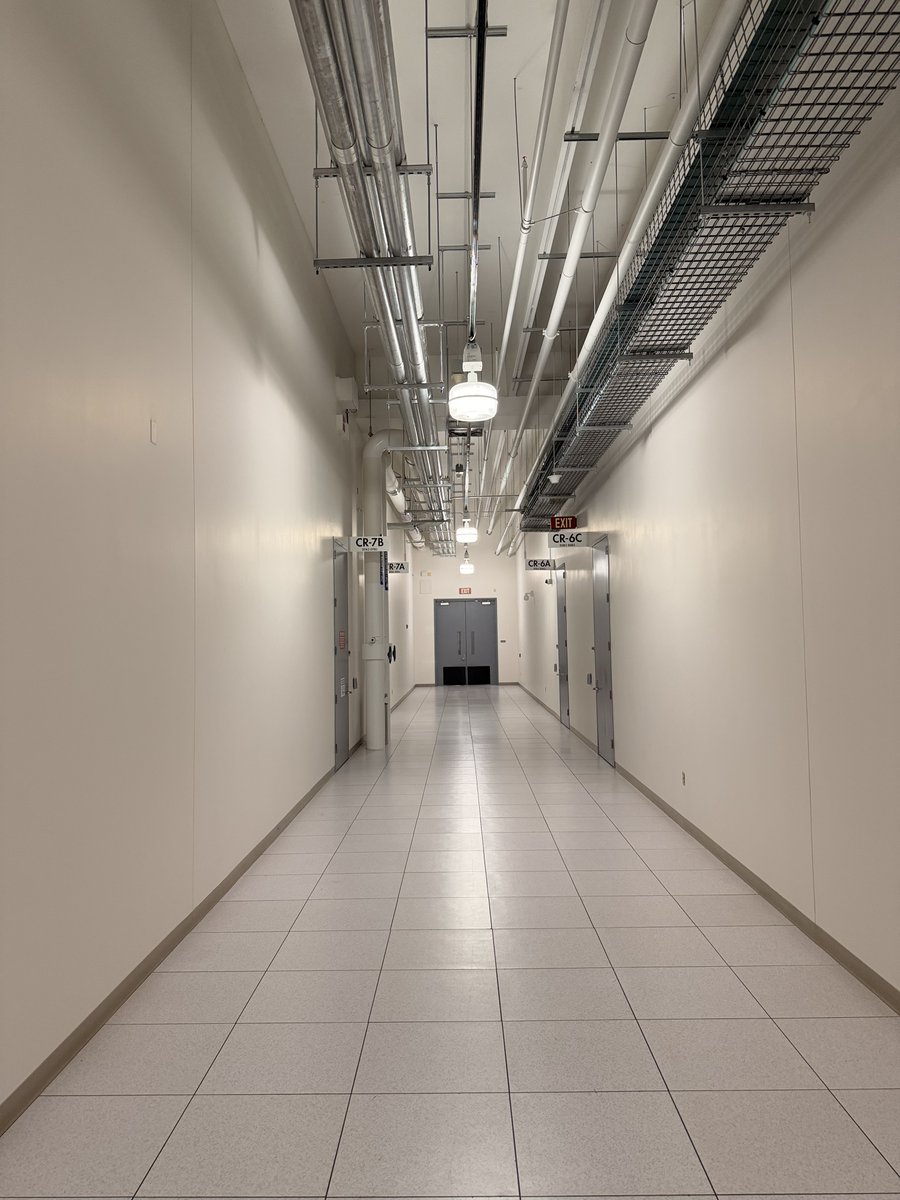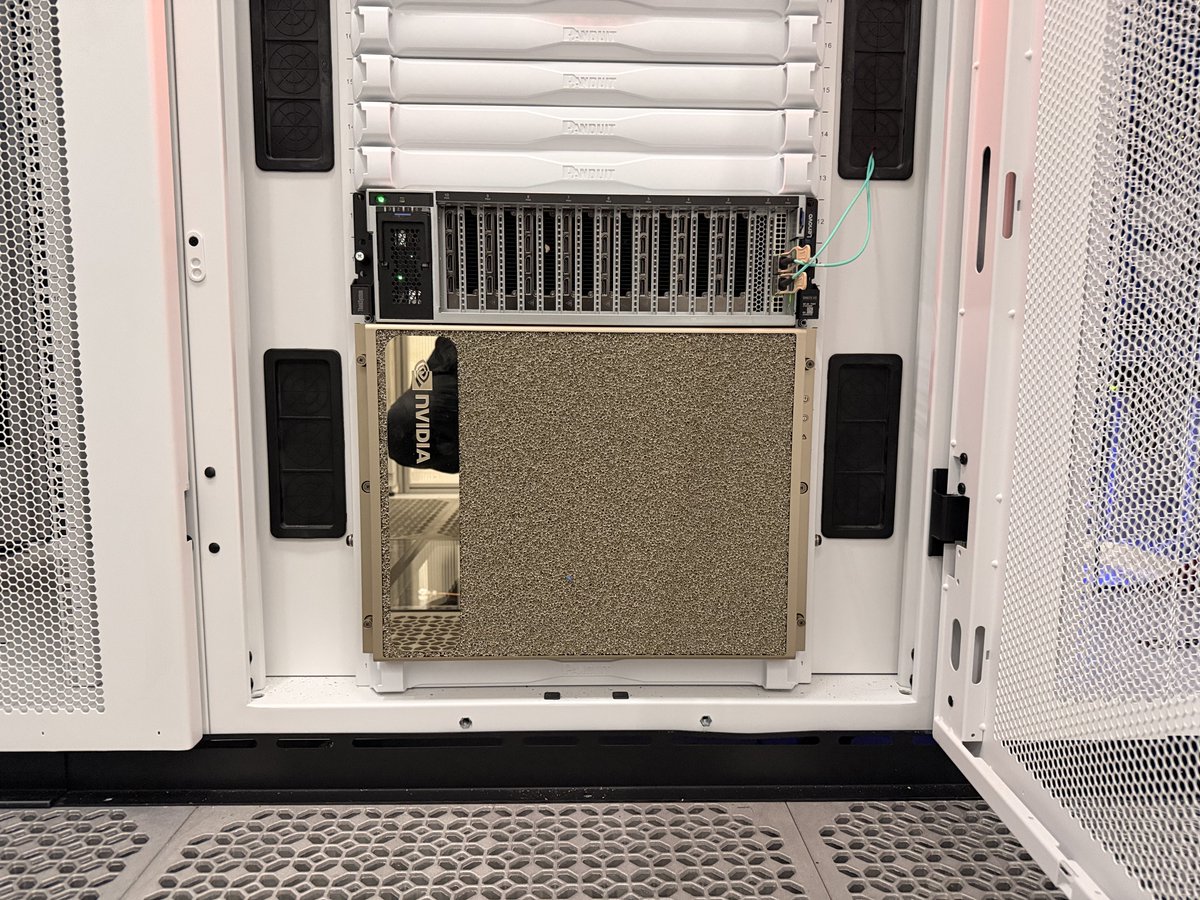⚡️INERTIA⚡️
The magic ingredient at the heart of our power systems.
It's also one of the obstacles to replacing fossil fuels with renewables.
In short, a REALLY big deal!
But most folks have never heard of it.
It's widely considered too complex.
So. Here's your idiot's guide
🧵
The magic ingredient at the heart of our power systems.
It's also one of the obstacles to replacing fossil fuels with renewables.
In short, a REALLY big deal!
But most folks have never heard of it.
It's widely considered too complex.
So. Here's your idiot's guide
🧵
Key thing here is to remember that for most of history most of our power has come from turbines spinning.
Steam turbines in coal and nuclear power stations. Gas or hydro turbines.
When you think of the electricity grid, think of lots of big wheels turning, all around the country.


Steam turbines in coal and nuclear power stations. Gas or hydro turbines.
When you think of the electricity grid, think of lots of big wheels turning, all around the country.


And here's the slightly 🤯 thing: every single turbine around the country is spinning at exactly the same frequency.
Every one.
50hz.
It's like an enormous orchestra across the land, all playing the same tune at exactly the same tempo.
Every one.
50hz.
It's like an enormous orchestra across the land, all playing the same tune at exactly the same tempo.
Sidenote:
There's no reason it HAS to be 50hz. In US the system runs at a frequency of 60hz. It's just convention. Main thing is getting all turbines running synchronously.
Side-sidenote: Japan actually has two separate systems, one 50hz, the other 60hz due to historical accident
There's no reason it HAS to be 50hz. In US the system runs at a frequency of 60hz. It's just convention. Main thing is getting all turbines running synchronously.
Side-sidenote: Japan actually has two separate systems, one 50hz, the other 60hz due to historical accident

As those turbines turn the copper coils in the generators attached to them turn through a magnetic field at 50hz and generate AC power.
But here's the thing. They don't just generate power. They also provide something known to electrical engineers as inertia.
THE magic ingredient
But here's the thing. They don't just generate power. They also provide something known to electrical engineers as inertia.
THE magic ingredient
Perhaps the best way to think of inertia is via a spinning top.
Picture a very heavy spinning top, turning v fast. If you nudge it it moves a bit but carries on spinning.
Now picture a much lighter spinning top. Nudge it and it falls over.
Inertia is somewhat similar...
Picture a very heavy spinning top, turning v fast. If you nudge it it moves a bit but carries on spinning.
Now picture a much lighter spinning top. Nudge it and it falls over.
Inertia is somewhat similar...
Having loads of big heavy turbines spinning at precisely the same rate all across the country helps the grid maintain frequency. If there's an outage it's far easier to prevent the lights going out if you have lots of inertia.
No one spent much time thinking abt this til recently
No one spent much time thinking abt this til recently
But then along came net zero.
Now everyone is phasing out those old coal/gas power stations and replacing them with wind turbines & solar panels.
But there's a problem. A big problem. They don't provide inertia.
Leaving places like the UK, with lots of wind turbines, in a pickle
Now everyone is phasing out those old coal/gas power stations and replacing them with wind turbines & solar panels.
But there's a problem. A big problem. They don't provide inertia.
Leaving places like the UK, with lots of wind turbines, in a pickle
If the UK were getting 100% of its power from wind & solar then there would be no inertia. The system wouldn't work.
We've had a sneak preview of this recently during Covid.
Lots of wind, low demand. The grid operators actually had to fire up gas turbines JUST to provide inertia
We've had a sneak preview of this recently during Covid.
Lots of wind, low demand. The grid operators actually had to fire up gas turbines JUST to provide inertia
And while batteries and power electronics can help a bit, there are some who say that this is another reason why we'll ALWAYS need gas in the power system. Which raises a question. What to do?
It so happens the answer might be in a room on a road in the outskirts of Liverpool.
It so happens the answer might be in a room on a road in the outskirts of Liverpool.
Inside this small facility are two big soundproofed rooms and inside them are two massive 40 tonne flywheels, turning at 1500rpm. They're powered by the grid (eg they actually TAKE power away) but they send back INERTIA.
They are replicating what happens in conventional turbines!
They are replicating what happens in conventional turbines!
The @StatkraftUK facility only came online this year. But it's a glimpse of something important. A potential solution for the inertia conundrum.
If we want 100% renewables we'll need lots of these spinning wheels alongside the wind/solar power
If we want 100% renewables we'll need lots of these spinning wheels alongside the wind/solar power
🍿Of course, inertia is only one small part of this puzzle. It's just one ingredient in a film we've just made at @SkyNews about the future of the power grid and its aim to reach net zero.
Been working on this for a while. Do share if you enjoy!
Been working on this for a while. Do share if you enjoy!
• • •
Missing some Tweet in this thread? You can try to
force a refresh


